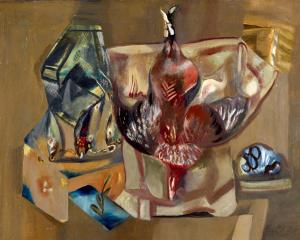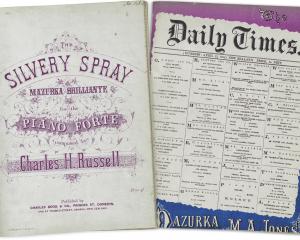It is remarkable how much Cantonese gold seekers were able to maintain a Chinese lifestyle on the Otago goldfields. This was made possible by merchants in Dunedin, such as Choie Sew Hoy, who imported what they needed from China.
The merchants also organised the shipping of new arrivals from Guangdong, provided a welcome, and set the new men up with the gear and provisions they would need. They were then dispatched inland along a chain of subsidiary stores leading to the goldfield camps. This role was pivotal to the Chinese gold seeker presence in Otago.
By late 1871 there were 96 Chinese merchants and storekeepers in Dunedin, inland Otago towns and in the field, serving 4159 Chinese. The only one of these business premises to survive in Dunedin is the Sew Hoy store in Stafford St.
Sew Hoy’s was originally established in 1869 on the opposite side of the street. The present building was constructed in 1894. The top floor was used for accommodation and meetings, the ground floor for merchandise sales and the cellar for storage and manufacture of food products.
Fittingly, the signboard of the Sew Hoy store now occupies the central position in Toitu’s display of Chinese artefacts.
Born in Upper Panyu in 1838, Choie Sew Hoy had been on the goldfields of California and Victoria before arriving in Otago in 1868. He was bilingual and from an early time was recognised as a Chinese leader by the European community.
He donated generously to the wider community and even joined a Masonic Lodge. By the 1880s he was the best-known Chinese in Dunedin. Most unusually the store bore his own name - Chinese businesses generally used names symbolic of prosperity.
After his death in 1901 the store was run by his son, Choie Kum Poy, and then his grandson, Hugh (Choie Bak Pang). In 2020 the store received a category one heritage listing.











![‘‘Neil’s Dandelion Coffee’’. [1910s-1930s?]. EPH-0179-HD-A/167, EPHEMERA COLLECTION, HOCKEN...](https://www.odt.co.nz/sites/default/files/styles/odt_landscape_small_related_stories/public/slideshow/node-3436487/2025/09/neils_dandelion_coffee.jpg?itok=fL42xLQ3)



